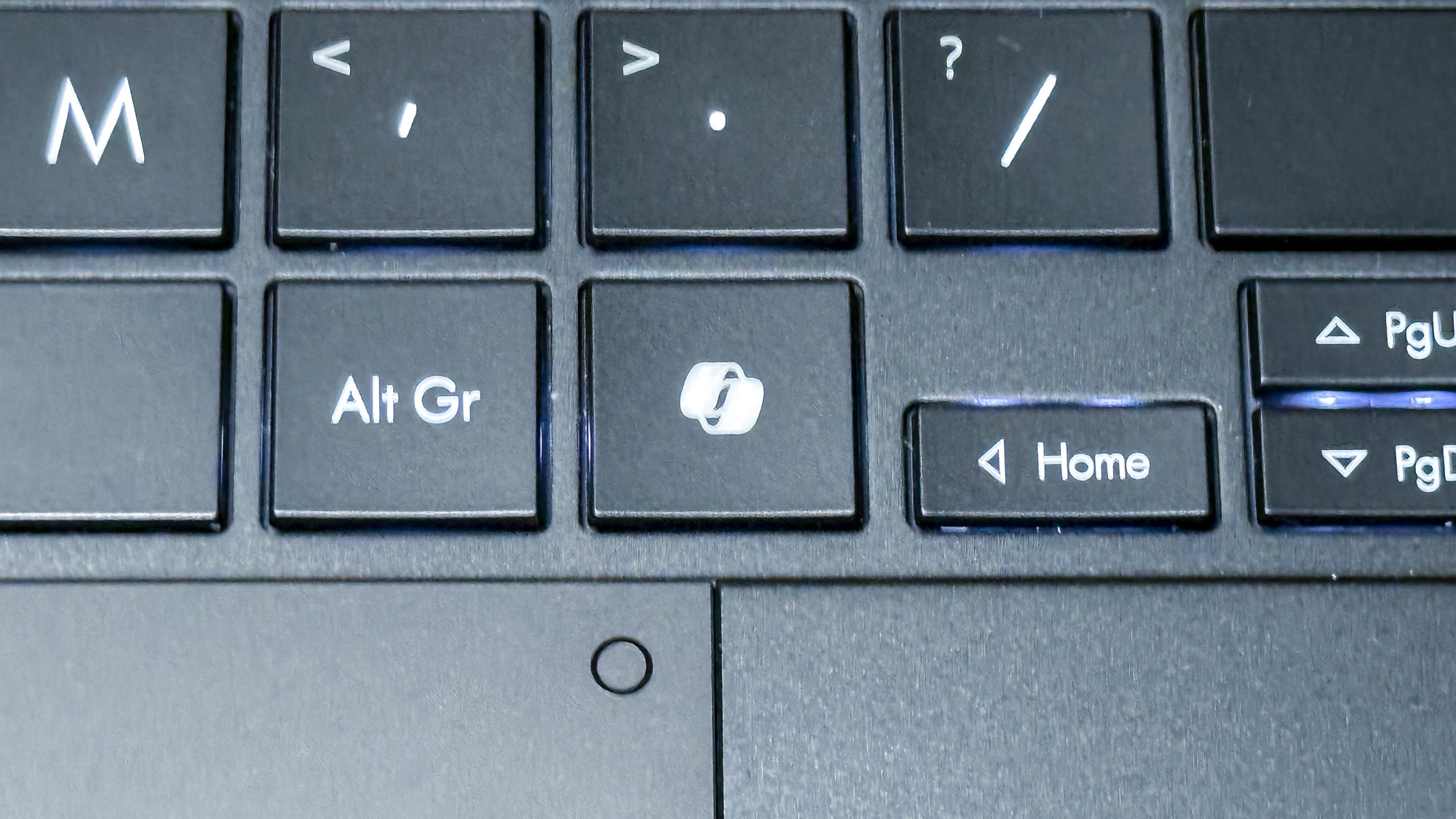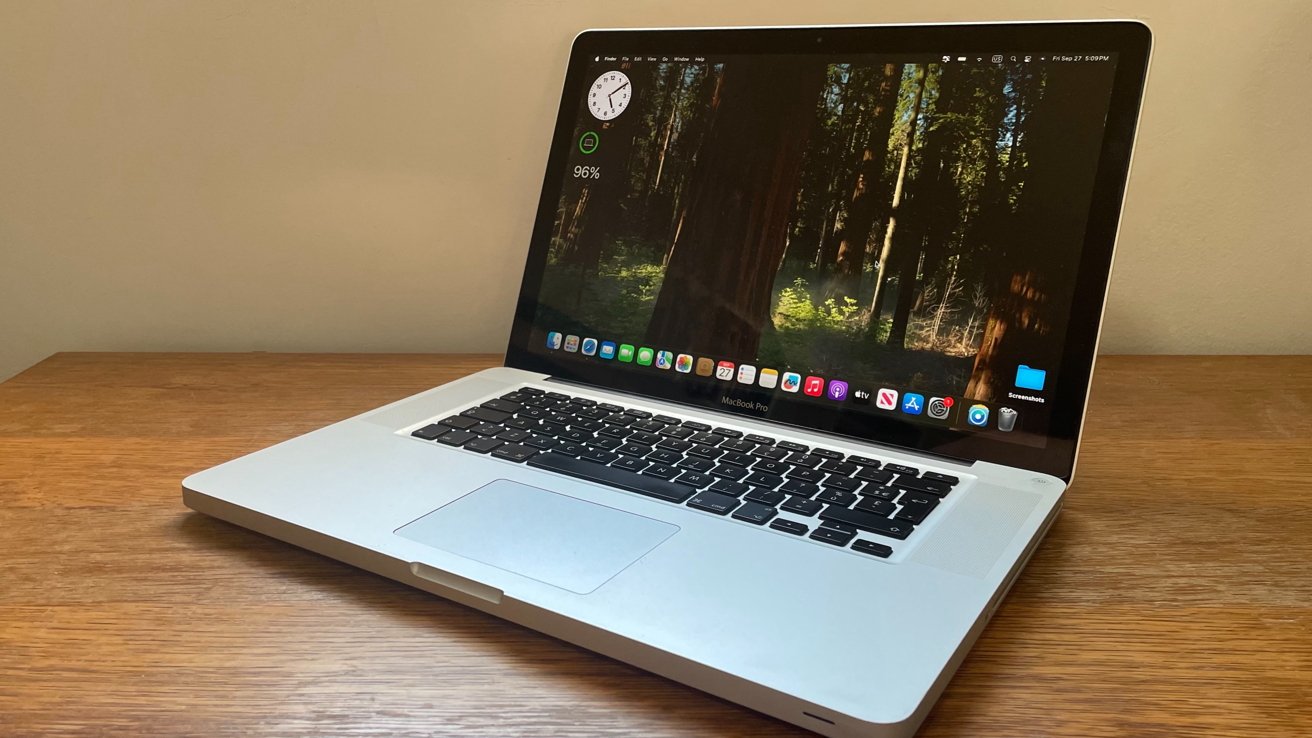
MANILA, Philippines – It has been four months since the Bureau of Corrections (BuCor) suspended its strip and cavity search policy, but the promised guidelines review has yet to be completed. BuCor and the Commission on Human Rights (CHR) are blaming each for causing the delay, based on their answers during the House plenary deliberations of their respective proposed 2025 budgets. Gabriela Representative Arlene Brosas aske for updates on the policy review after BuCor suspended its strip and cavity search policy in May 2024 “pending the result of the investigation.
” This suspension supposedly allowed the bureau to review its existing policies following complaints from families of political prisoners. BuCor on Monday, September 16, said that new policies are “subject to suggestions from the CHR on how to effectively implement safety measures.” But CHR on Tuesday clarified that it offered “technical assistance” to the bureau, meaning it will review and make recommendations based on draft guidelines.

It has yet to receive a reply to a letter sent to BuCor on May 30 expressing the same intent. “The commission is ready to assist and they are just waiting for the guidelines being drafted by BuCor,” said Negros Oriental 1st District Representative Jocelyn Sy-Limkaichong, the CHR budget sponsor. “ Kailangan mag-mandate galing sa BuCor (The mandate needs to come from BuCor).
” In the letter sent to BuCor, as seen by Rappler, CHR commissioner Faydah Dumarpa said that the commission “remains ready and at hand to provide technical assistance in reviewing your agency’s policies, including security protocols, that may affect the welfare of not just the [persons deprived of liberties] but also their visiting families and relatives.” Wives of political prisoners in May 2024 filed a complaint before the CHR regarding the conduct of strip and cavity search in prisons, including at the New Bilibid Prison in Muntinlupa City. They tagged the strip search — which involves the removal of clothes, including undergarments, to allow visual inspection of the body — as “degrading and traumatic.
” Must Read Degrading prison strip searches shame political prisoners’ wives While BuCor suspended the procedure and suppsedly launched its own investigation into the matter, Brosas said that there are reports of women still subjected to these measures when visiting their loved ones. She urged the CHR and BuCor to immediately and efficiently discuss how to stop this. “ If this keeps on happening, ang mga cases nagpapatong-patong lang at hindi nabibigyan ng hustisya ang mga dumaraan sa ganitong injustice, kasi iyong sa mga dumadalaw, sila ang kumakargo ng shame na ginagawa sa kanila ,” Brosas said.
“ Baka kailangan na po natin mangatok at magsabi ,” she reminded the CHR. (If this keeps on happening, the cases will pile up and we won’t be able to give justice to those who suffered this kind of injustice. Those visitors, they are the ones who carry the shame of what was done to them.
Maybe we need to persistently knock on BuCor and tell them.) Rappler obtained a copy of the letter sent by BuCor to the CHR on September 2, where it asked the commission about the report following an investigation into an incident of “alleged humiliating and degrading strip search.” The bureau hopes to be “guided by CHR’s recommendation or guidance.
” “ Actually, may guidelines naman talaga ang BuCor (BuCor has guidelines) but since [CHR] is investigating, we want to get their inputs so we can incorporate or make adjustments,” BuCor Director General Gregorio Catapang Jr. told Rappler. The United Nations Standard Minimum Rules for the Treatment of Prisoners — also called the Mandela Rules — explicitly state that while visiting facilities is “contingent” upon consent to being searched, the “search and entry procedures for visitors shall not be degrading and shall be governed by principles at least as protective as those outlined in rules 50 to 52.
” These rules cover the need to ensure that searches should not be used to “harass, intimidate, or unnecessarily intrude” on the privacy of prisoners, as well as visitors. Mandela Rules also state that “body cavity searches should be avoided and should not be applied to children.” Complaints about excessive searches for visitors have been consistently lodged by families over the years, just one of the many controversies surrounding the Philippines’ penal system.
In 2020, a partner of a political prisoner filed a complaint before the CHR over a “degrading” strip search and cavity search she experienced at the New Bilibid Prison. – Rappler.com.













